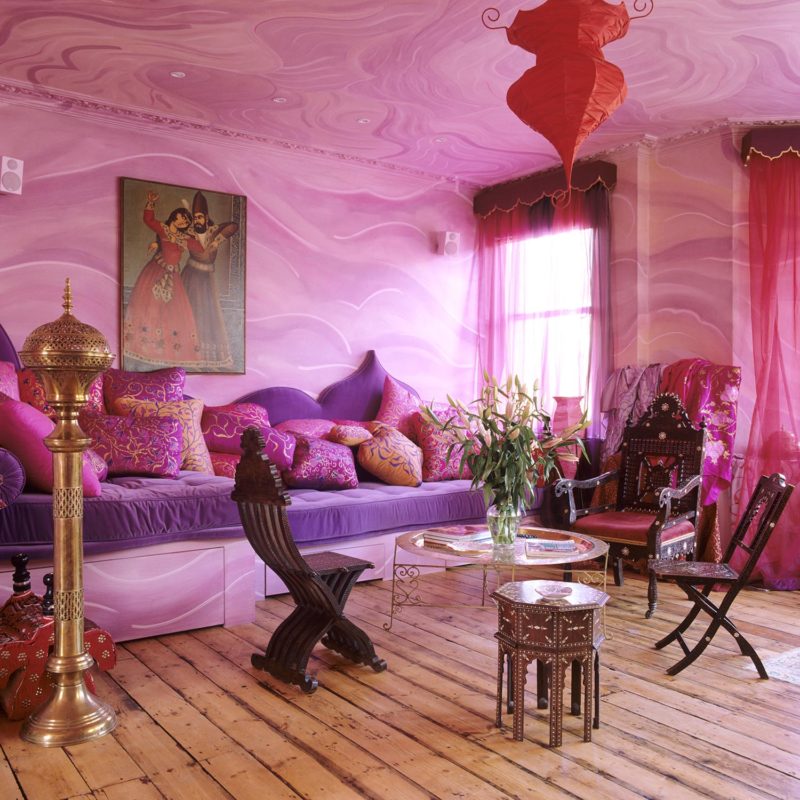
New York City
New York’s Most Unusual Co-Op Board Dramas
Your NYC Co-Op Board vs. You: Who Will be the Winner?
So you think your co-op board is power-mad, inflexible, cantankerous? Here are just a few stories of the most ridiculous co-op kerfluffles over the past few years in New York City:
The Pet Ban: One board in the city banned all pets—even fish. But a resident managed to convince them to make an exception for her pet lobster, which she kept in a tank in her apartment.
The Redecorating Fiasco: A resident hired a famous designer to redecorate their apartment, but the board rejected the plans because they deemed the design too modern and out of character with the building’s traditional aesthetic. The resident ended up suing the board and winning, but the story became the stuff of legend in the city’s co-op world.
The Pajama Party: A board member once showed up to a meeting wearing pajamas, which sparked a heated debate about the dress code for meetings. Some members argued that pajamas were disrespectful, while others argued that as long as the person was doing their job, what they were wearing shouldn’t matter.
The Painting Battle: In 2018, Tony Award-winning actress Kelli O’Hara purchased an apartment in a co-op building on the Upper West Side. O’Hara requested permission from the board to paint her apartment’s dining room a bright shade of red, but the board denied her request. They cited concerns that the red paint would be too bright and could disturb other residents in the building. O’Hara, however, argued that the board’s decision was based on personal taste and was not a legitimate reason to deny her request.
After a public outcry and media attention, the board eventually reversed their decision and allowed O’Hara to paint her dining room red. The case highlighted the power dynamics that can exist between co-op boards and individual unit owners, and the potential for personal taste and aesthetic preferences to influence a co-op board’s decision-making process.


The Haunted Apartment: A resident claimed that their apartment was haunted, and the board had to decide whether to take the claim seriously and address it, or dismiss it as a joke. The board ended up bringing in a psychic to investigate, who declared that the apartment was indeed haunted. They let the tenant break their lease and move out.
The Bathtub Debate: In 2007, Marcy Shapiro sought permission from the co-op board in her Greenwich Village apartment to install a bathtub in her kitchen, as she did not have a bathroom in her apartment. The co-op board denied Shapiro’s request, citing concerns about potential water damage and the impact on the building’s plumbing system.
Shapiro then sued the co-op board, arguing that she had the right to make alterations to her apartment under the state’s “Business Judgment Rule,” which requires co-op boards to act in good faith and in the best interests of the co-op as a whole. After a lengthy legal battle, the court ruled in Shapiro’s favor, stating that the co-op board had acted unreasonably in denying her request. The court ordered the co-op board to approve Shapiro’s application and allow her to install the bathtub in her kitchen.

The Noise Complaint: A resident complained to the board about their neighbor’s loud music, and the board got involved in trying to resolve the issue. After several failed attempts to solve the problem: asking the neighbor to turn down the volume, install sound-proofing—even an attempt to fine the noisy neighbor, the board eventually took the matter to court.
The court ruled in favor of the noisy neighbor, saying that the co-op had no right to regulate the volume of someone’s music because there was nothing about volume control in this particular building’s proprietary lease. The court’s decision was based on the fact that the co-op’s bylaws and house rules did not specifically mention music volume as an area of regulation. As a result, the neighbor was free to continue playing at whatever volume they wanted.
The Celebrity Showdown: In 1985, Madonna was interested in purchasing an apartment in the San Remo building located on Central Park West. However, the co-op board rejected her application, citing concerns over her public image and the potential for a high level of media attention.
Madonna sued the co-op board for discrimination, arguing that their decision was based on her gender, age, and religious beliefs (she was raised Catholic). After a lengthy legal battle, the case was eventually settled out of court, with the co-op board agreeing to allow Madonna to purchase the apartment.
Hero image by Alfred Gescheidt via Getty Images



